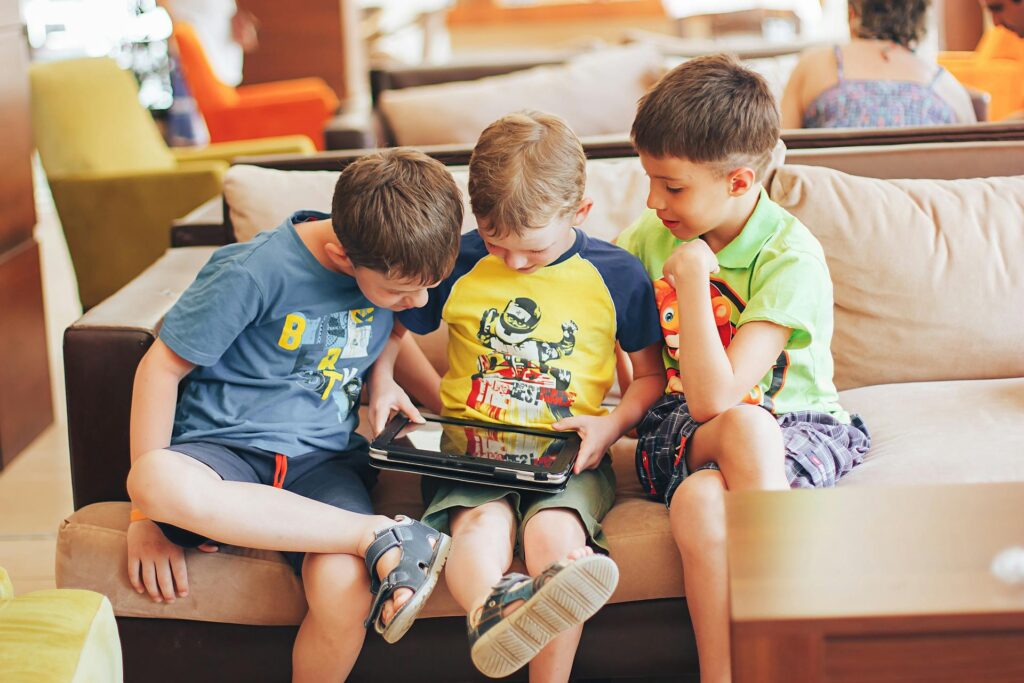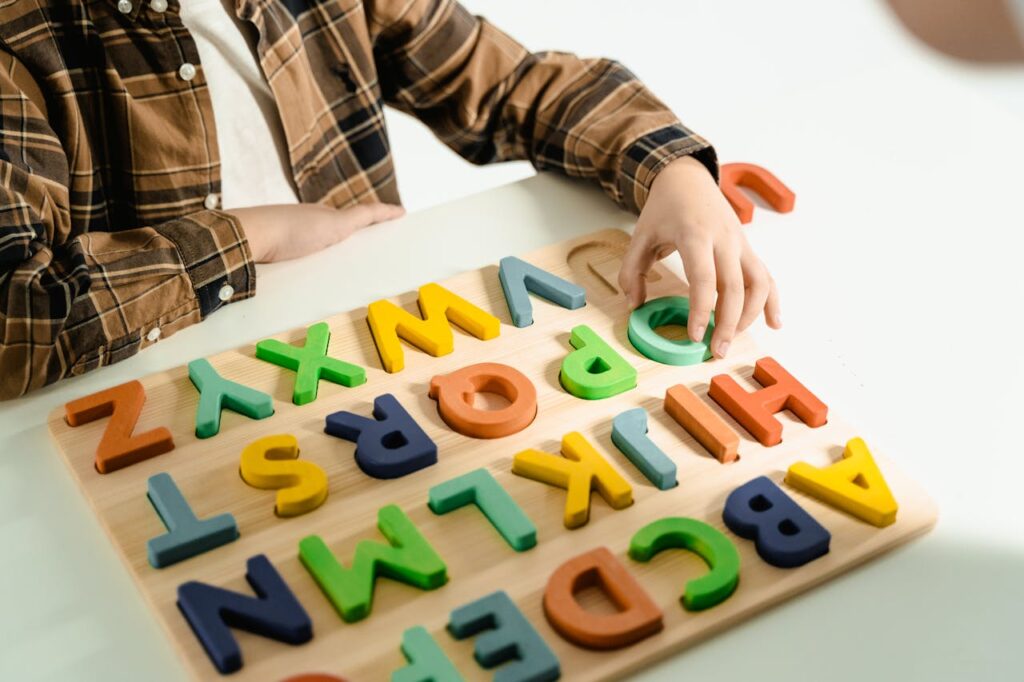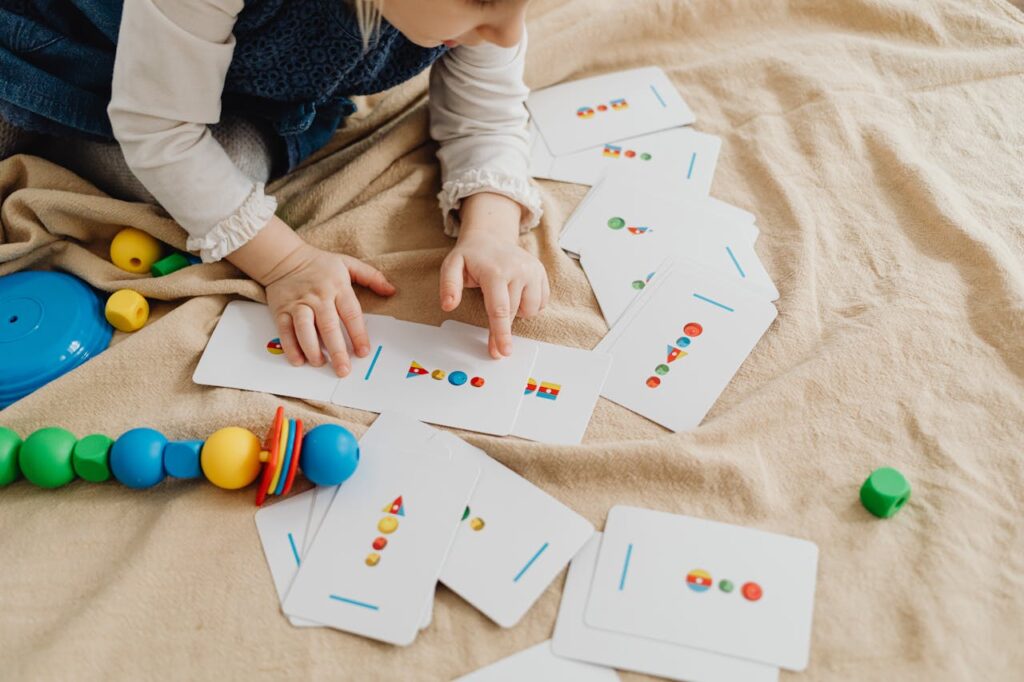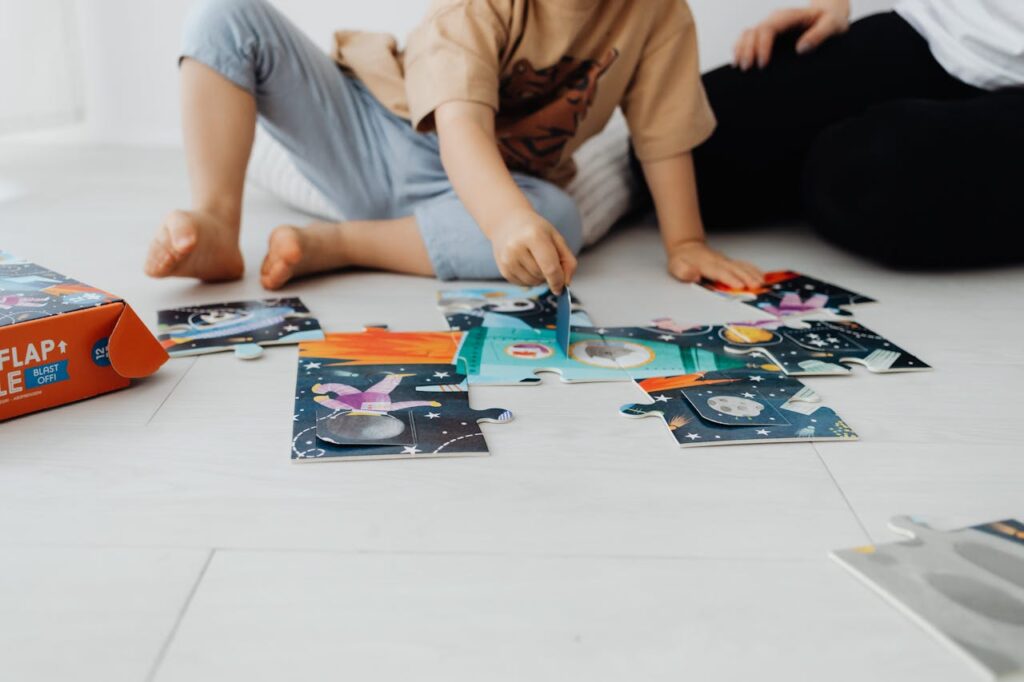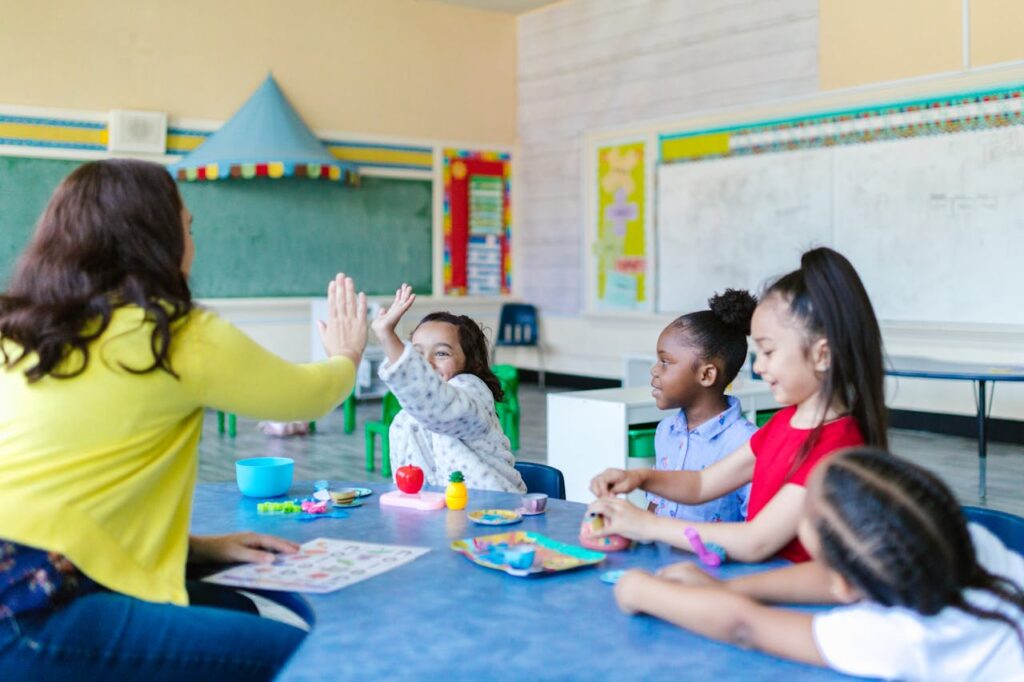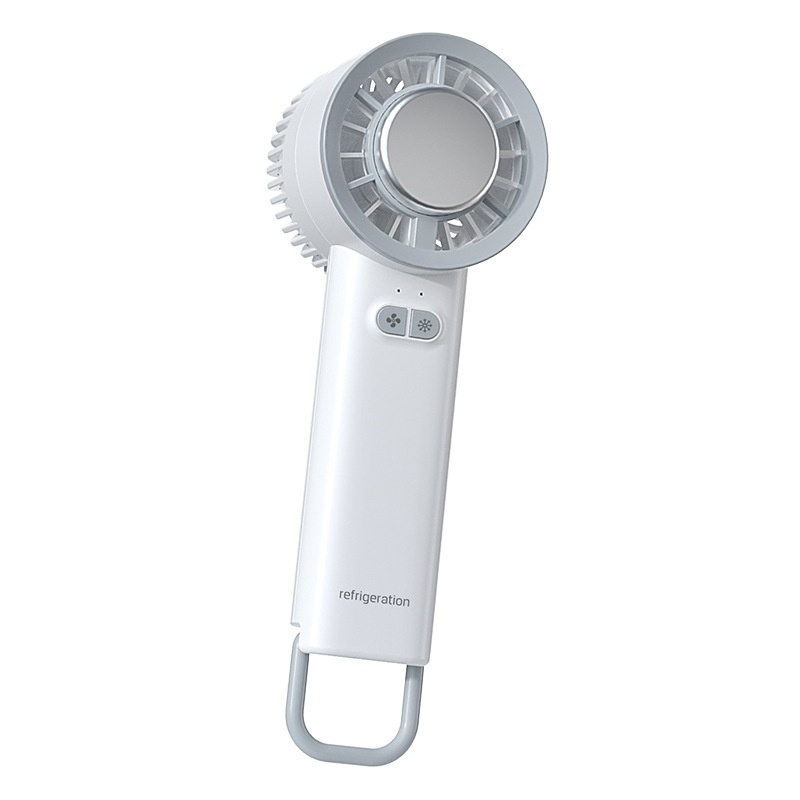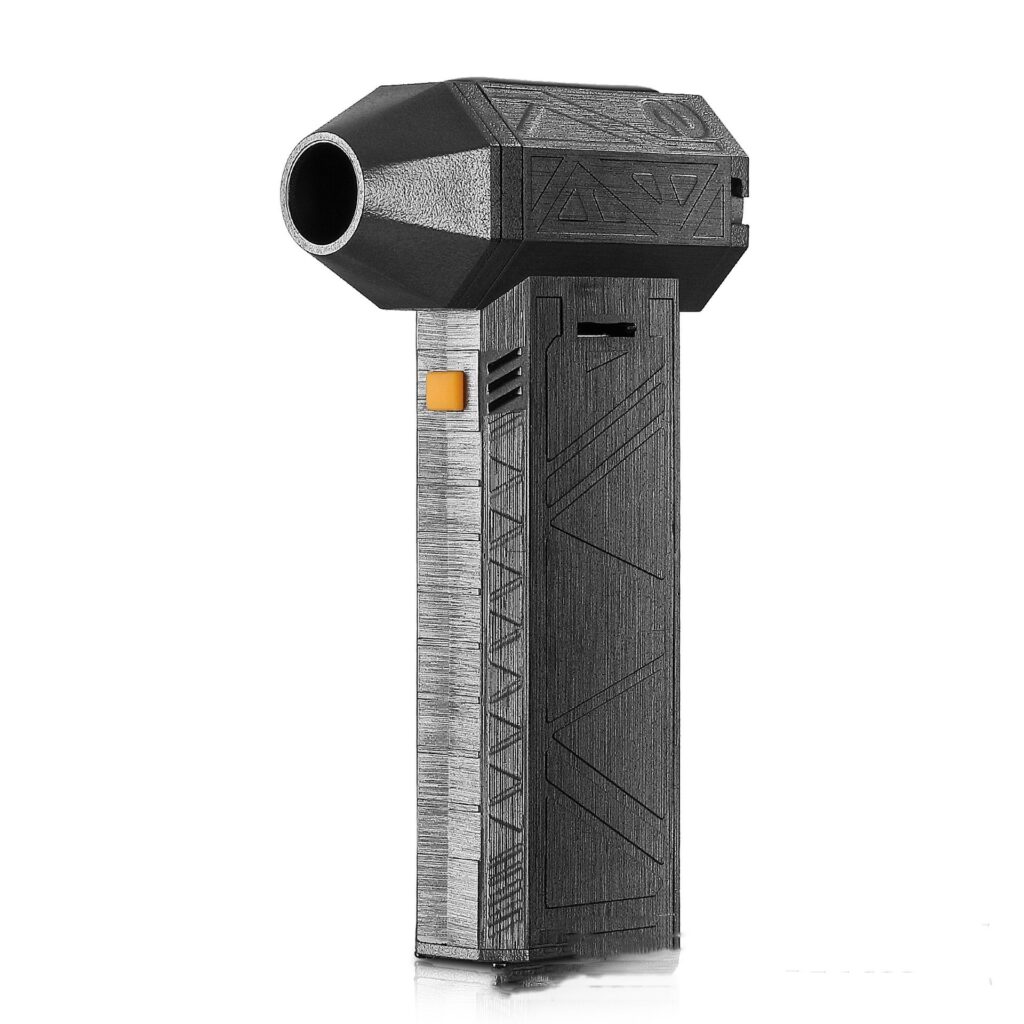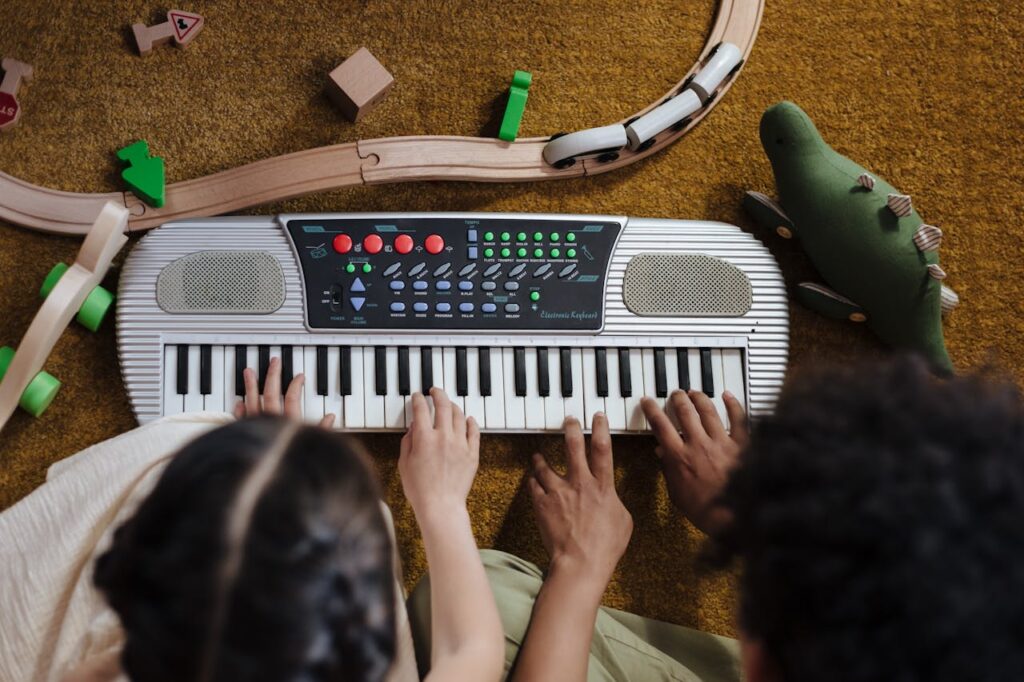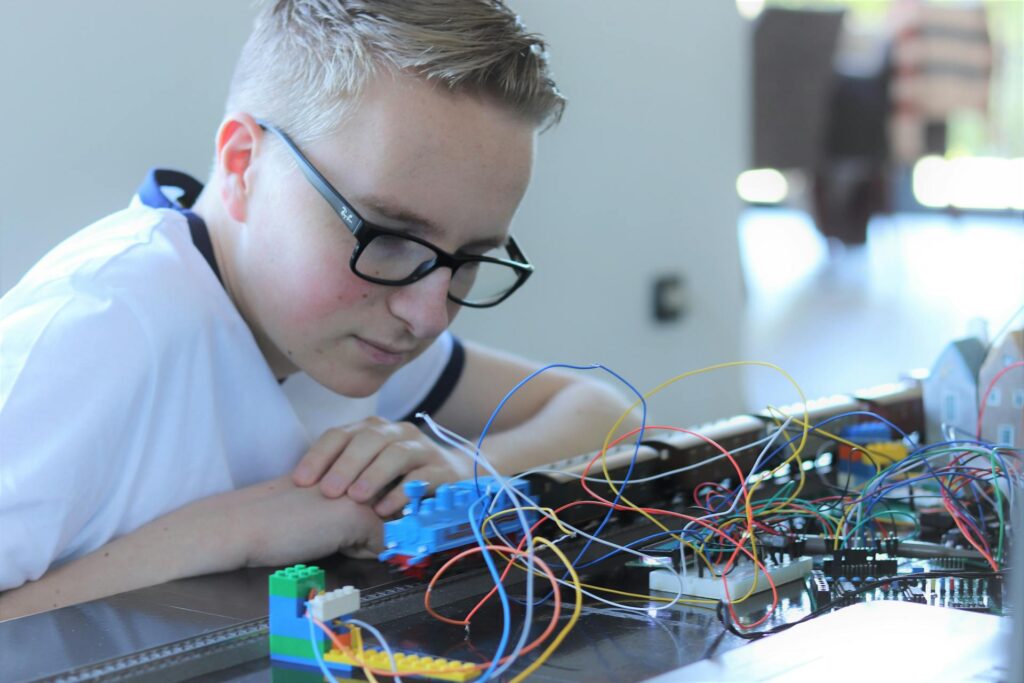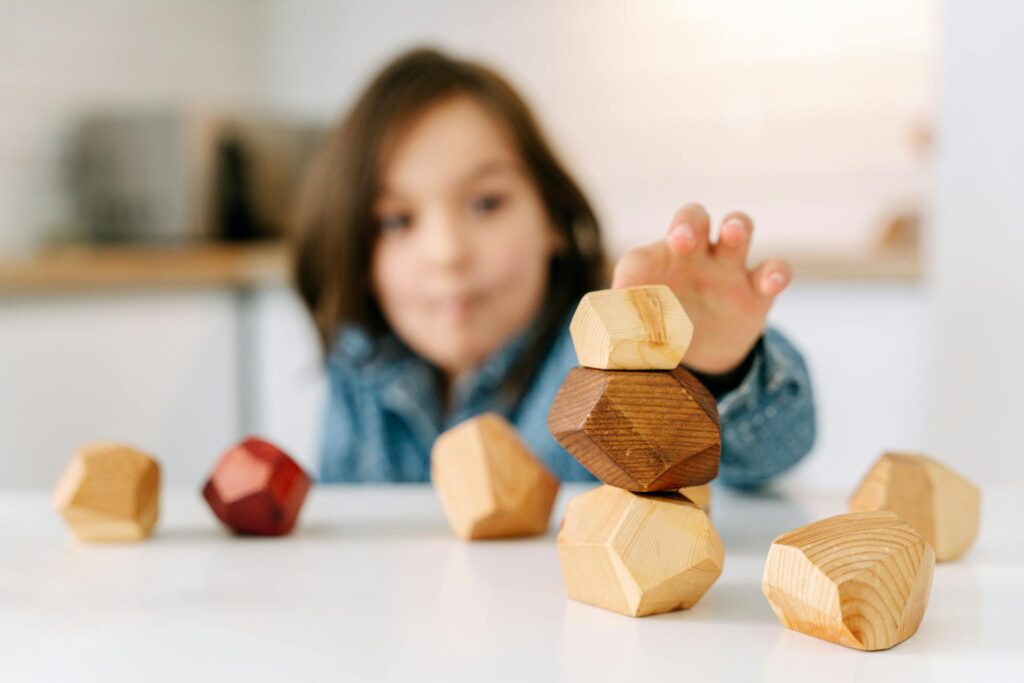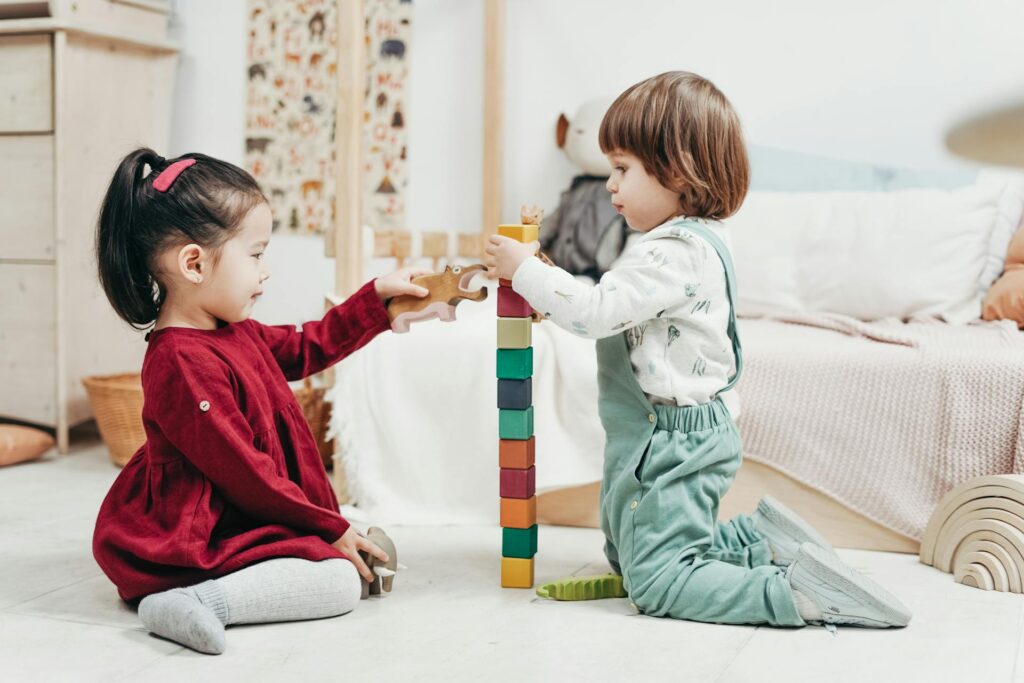Blog
Best Toys for Kids Under 5: A Psychological Guide
Nurturing Young Minds: How Play Shapes Child Development and Emotional Growth
Every parent desires to raise happy, resilient, and curious children. Although parenting strategies and child psychology research highlight the importance of play, many may not realize how thoughtfully chosen educational toys can subtly support emotional, social, and cognitive growth. This guide explores how playtime is not just fun—it’s a critical tool for teaching life skills, fostering creativity, and building confidence, all while seamlessly integrating tools like wooden alphabet blocks, number puzzles, and interactive learning tablets into daily routines.
1. The Role of Play in Emotional Intelligence
Child psychologists agree: play is a child’s first language. Through imaginative scenarios and hands-on activities with educational toys, children learn to express emotions, practice empathy, and navigate social dynamics. For example, role-playing with a pretend kitchen set can help toddlers process real-life experiences, while collaborative games encourage sharing and patience.
Subtle Product Tie-In:
Interactive learning tablets featuring storytelling elements can guide children through understanding emotions (for example, “The lion feels sad—how can we help?”), blending technology with emotional literacy.
2. Building Cognitive Skills with Purposeful Play
Play lays the foundation for academic readiness by nurturing problem-solving and memory retention. Open-ended educational toys, such as wooden alphabet blocks, encourage experimentation and spatial reasoning—stacking blocks to build a tower is, in fact, a hands-on lesson in physics. Similarly, educational number puzzles transform abstract math concepts into tangible, engaging challenges.
Psychology Insight:
Studies indicate that toddlers who engage with shape-sorting toys tend to develop stronger logical reasoning and pattern-recognition skills, which are key predictors of later success in STEM fields.
3. Fostering Independence Through Montessori Principles
Montessori philosophy emphasizes self-directed learning. Educational tools like magnetic drawing boards or art kits empower children to explore at their own pace, building decision-making skills and confidence. A child freely scribbling with these Montessori-inspired educational toys isn’t just drawing—they are learning autonomy.
Parenting Tip:
Consider rotating toys on a weekly basis to maintain curiosity and avoid over stimulation . A minimalist shelf featuring a puzzle, building set, and storybook can help keep focus sharp.
4. Developing Resilience with “Struggle-Friendly” Toys
Resilience is nurtured when children learn to tackle challenges independently. Toys such as complex building blocks or multi-step puzzles encourage perseverance. When a tower collapses, a gentle question like, “What could we try next?” can turn frustration into an opportunity for cultivating a growth mindset.
Subtle Product Tie-In:
Look for toys with adjustable difficulty, such as interactive tablets that progressively level up as skills improve. This approach ensures sustained engagement without overwhelming the child.
5. Social-Emotional Learning Through Group Play
Group activities offer children the chance to learn cooperation and communication. Whether through board games or collaborative play sets like a farm with animal figurines, children practice negotiating roles, resolving conflicts, and building teamwork skills—critical components of social-emotional learning.
Expert Quote:
“Play is the vehicle for children to rehearse real-world scenarios in a safe space,” explains Dr. Emily Torres, child psychologist.
Choosing Toys That Align with Developmental Goals
- Ages 1-2: Focus on sensory exploration with textured balls and soft blocks.
- Ages 3-4: Introduce pretend play through dolls, toolkits, and early literacy with alphabet toys.
- Ages 4-5: Prioritize problem-solving with puzzles, STEM kits, and creativity with art supplies.
Final Thoughts: Play as a Parenting Partner
Parenting is not about having all the answers; it’s about providing the right tools for children to explore, learn from failure, and grow. By selecting toys that align with key developmental principles—such as wooden alphabet blocks for language skills or number puzzles for critical thinking—you are not simply purchasing a product; you are investing in a future scientist, artist, or engineer.
Sources:
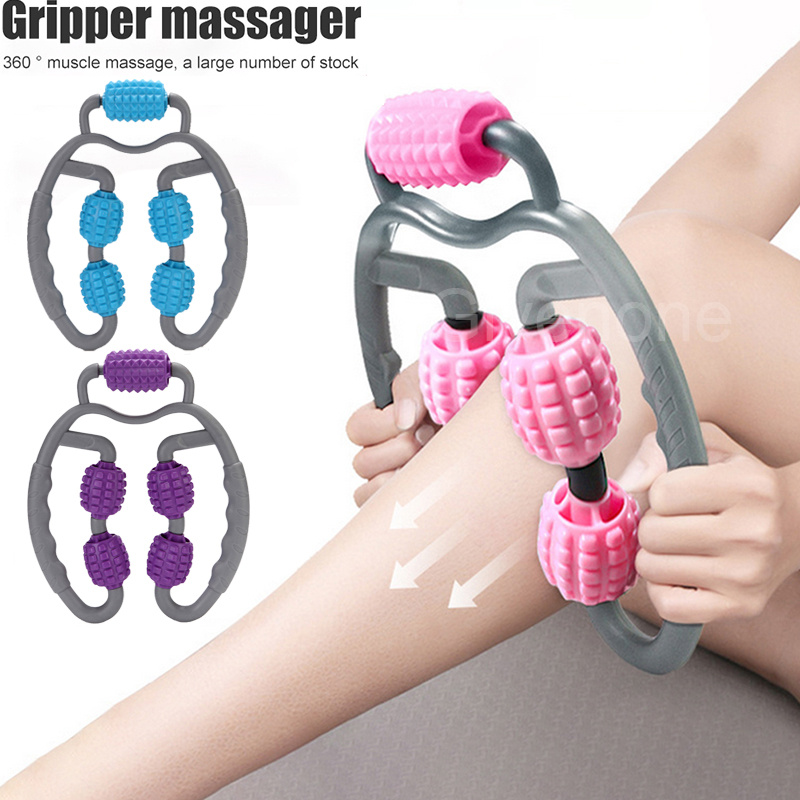



Related Posts
Top 10 Educational Toys for Kids Under 5
-
Posted by
author.j
- 0 comments
STEM Toys: The Ultimate Buying Guide
-
Posted by
author.j
- 0 comments
Wooden Toys: The Best Choice for Your Child
-
Posted by
author.j
- 0 comments
Why Every Child Needs Toys
-
Posted by
author.j
- 0 comments

